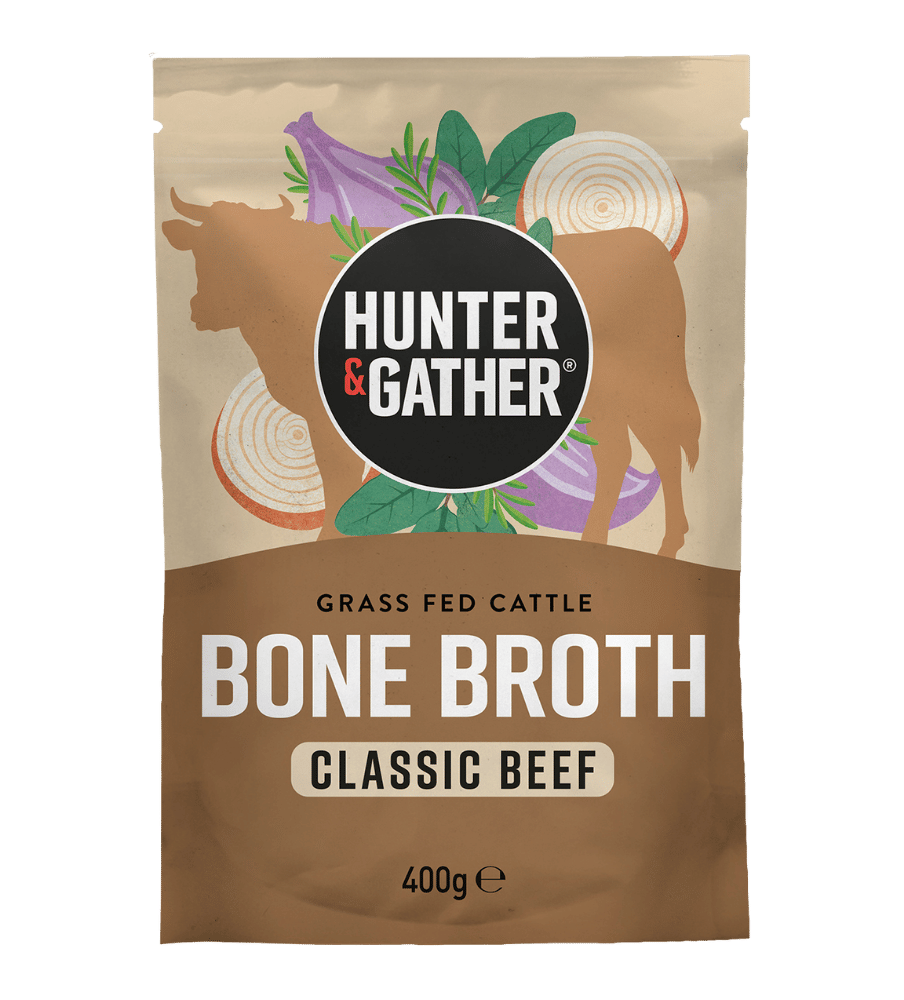-
 Bone Broth
Bone Broth
-
 Collagen
Collagen
- Shop 3 for 2
- Rewards
- Help
-
Shop All Products
354,000+ Happy Customers

per 100g
Natural
100% Avocado Oil



A sugar free mayonnaise made with only Avocado Oil.
 Our Avocado Mayonnaise
Our Avocado Mayonnaise
 The Other Guys
The Other Guys
No unnecessary fillers, bulkers or chemical preservatives! Other brands are not the same.
 Ingredients
Ingredients
Avocado oil, British Free Range Egg Yolk, Apple Cider Vinegar, Pink Himalayan Salt
The 'leading' brands of mayonnaise contain more than 11 'ingredients' including inflammatory seed or veg oils like rapeseed or sunflower oil (as the main ingredient), powdered eggs of unknown welfare or origin which also include undeclared flow agents (Silicon Dioxide), added sugars, artificial preservatives (EDTA, which is synthesised from formaldehyde, and sodium cyanide!). We strip all of that back and make a mayonnaise with only real food ingredients that contributes to health.
A creamy, classic tasting mayonnaise that does not compromise on taste or texture. With the creaminess from the avocado oil and a tang from the apple cider vinegar - this delicious mayonnaise is the perfect addition to coleslaw, veggies, steak, salads or simply as a dip. You won't believe something this good is actually healthy too!
We only use recyclable glass jars for our mayonnaise, paper labels & 100% plastic free packaging for sending your orders. We use British Free Range egg yolks from Red Lion Certified farms as well as utilising wonky, small or discoloured avocados from Spain (not Mexico) for our avocado oil (the flesh is utilised for the oil, with the skin & pulp turned into fire blocks for green energy).
Hi, we’re Amy and Jeff, co-founders of Hunter & Gather, an ancestrally inspired lifestyle brand.
After our own health journeys led us to a more natural way of living, we launched Hunter & Gather in 2017. Eight years on, we’re proud to have supported hundreds of thousands of people on their path to better health.
We’re here to help you reconnect, with real food, practical guidance and the tools you need to thrive.
Our Story
When searching for an approved mayo, be sure not to just check the macros but also the ingredients of the mayonnaise itself. Rapeseed oil (Canola), sunflower oil, and sugar should be avoided. Vegetable and Seed oils are inflammatory and we believe are best avoided in the pursuit of Optimal Health and Wellness. Hunter & Gather mayos only use 100% avocado oil and no blends of oils. They are also low in carbohydrates and sugar-free but packed with great monounsaturated fats so are perfect for a Paleo, Keto, Low Carb or Real Food Lifestyle.
Yes! We use British free range egg yolks.
We never use powder eggs like the majority of other mayonnaise brands as they typically have undeclared flow agents in them.
Our mayonnaise is an ambient product (no need to refrigerate until it is opened).
We also recommend not storing in the fridge until you open your mayonnaise. This prevents it from getting too cold and potentially solidifying.
Once opened and in use, store as high as possible in the fridge door. Do not store low down in your fridge or at the back of your fridge (the coldest areas that can cause it to solidify).
We suggest your fridge is set no lower than 4 deg C.
Our mayonnaise is made with natural real food ingredients without any nasty preservatives or thickeners. This means the mayo can turn solid and the emulsification can break due to significant temperature fluctuations - this is very rare but can happen especially during Winter.
If this has happened, please contact our customer care team who will be happy to assist you!
Hunter & Gather mayonnaise is best used before the ‘best before end’ date that is printed on the lid.
Typically all mayonnaise bought directly from Hunter & Gather will have 6 months or more of shelf life.